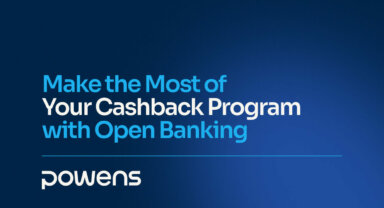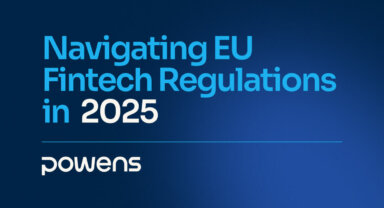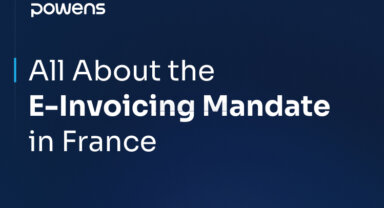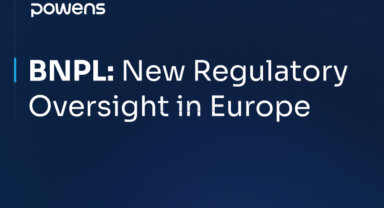In the financial services industry, Open Banking is still making waves, and showing no sign of stopping. In fact, Open Banking use in Europe is predicted to double between 2022 and 2027, proving just how much interest there is in faster and more secure payment methods.
Open Banking puts users in control of how their data is shared. And given the sensitivity of financial information and customers’ concerns about how their data is managed, data security and robust protection measures are a top priority for the Open Banking sector. In this article, we dive into the importance of data security, how it’s achieved, and what measures exist in Open Banking to keep customers’ data safe.
Regulatory compliance
Open Banking works under strict regulations like PSD2 and GDPR, frameworks that ensure high data security and confidentiality standards. At Powens, we’re supervised by the French Prudential Supervision and Resolution Authority (ACPR), as well as holding both an Account Information Services Provider (AISP) license and a Payment Initiation Services Provider (PISP) license.
Our strict adherence to these regulations guarantees the protection of user data through strong security protocols.
As Open Banking is within an industry that sees non-stop innovation, these directives need to be regularly reviewed and reevaluated. Proposals are already being discussed for a new Payment Services Regulation (PSR) and an accompanying PSD3, aiming to further improve these regulations for the future.
Powens is committed to fully adhering to all relevant regulations. Our resolve for security doesn’t end at meeting PSD2 and GDPR requirements – we also work closely with national data protection authorities like CNIL. Doing this ensures all aspects of customer data handling comply fully with data protection regulations.
Security measures to keep data safe
-
Encryption and secure data transmission
To keep data safe, a standard practice in Open Banking is encryption, which turns data into a coded format unreadable to unauthorized access. Encryption, as well as other secure data transmission practices including HTTPS and SSL/TLS, help keep customer data safe when shared between banks and other approved parties.
-
Multi-factor authentication (MFA) and biometric verification
Open Banking uses verification measures to further protect user data, such as multi-factor authentication (MFA). Typically, this includes a mix of either something you know (e.g. PIN/password), have (e.g. confirm a code sent to your phone), or are. An example of the final point is biometric verification, such as with your fingerprint, facial recognition, or other unique biological traits.
-
Access control systems
Access control systems track and monitor access to sensitive data and define rules for how to grant or deny access. This digital audit trail helps regulate who can access personal data by identifying and blocking unauthorized access attempts.
-
Keeping APIs secure
APIs (Application Programming Interfaces) are the backbone of Open Banking. They create a safe path for data to be shared between banks and third-party providers instantly. At Powens, we use advanced API security measures like regular audits and strict access controls to protect this data. We do this to make sure sensitive data can’t be accessed by anyone not authorized to do so and that data isn’t shared without customers’ explicit permission.
Real-world applications: Ownily:
Ownily, a platform designed to manage family-owned real estate companies (SCIs) in France, uses Powens’ API to centralize all banking transactions and documents on a single interface. This integration lets SCI owners manage cash flows proactively and streamline administrative tasks, like bookkeeping and tax returns.
With Powens’ secure API, Ownily protects sensitive financial data, showing how effective our security measures are in real-world applications.
-
Security audits and compliance
The risk of cybercrime in the banking industry remains critical, despite the number of big cyber incidents reported to the ECB decreasing from 2021 to 2022. To protect against data breaches, we conduct regular security audits and keep up with the latest compliance checks. Being proactive with measures like these makes it easy for Powens to identify and mitigate any potential security vulnerability, ensuring the protection of user data.
Experts in risk and compliance
“Bank data security is a highly sensitive issue, we rely on Powens’ know-how to guarantee our customers that their data will be protected and remain confidential.” Jean-Yves Bernard, Co-founder of Capital Koala
Financial institutions, fintechs, and software vendors across Europe & LATAM trust Powens –– the only platform that integrates Open Finance and Embedded Banking –– to create innovative products and streamline their financial operations, without cutting corners in data security.
Our Open Banking Platform empowers over 280 leading financial institutions and 7 million end-users with extensive embedded, frictionless, and fully automated banking and payment experiences.
Get started with Powens today and learn how Open Banking can transform your business.
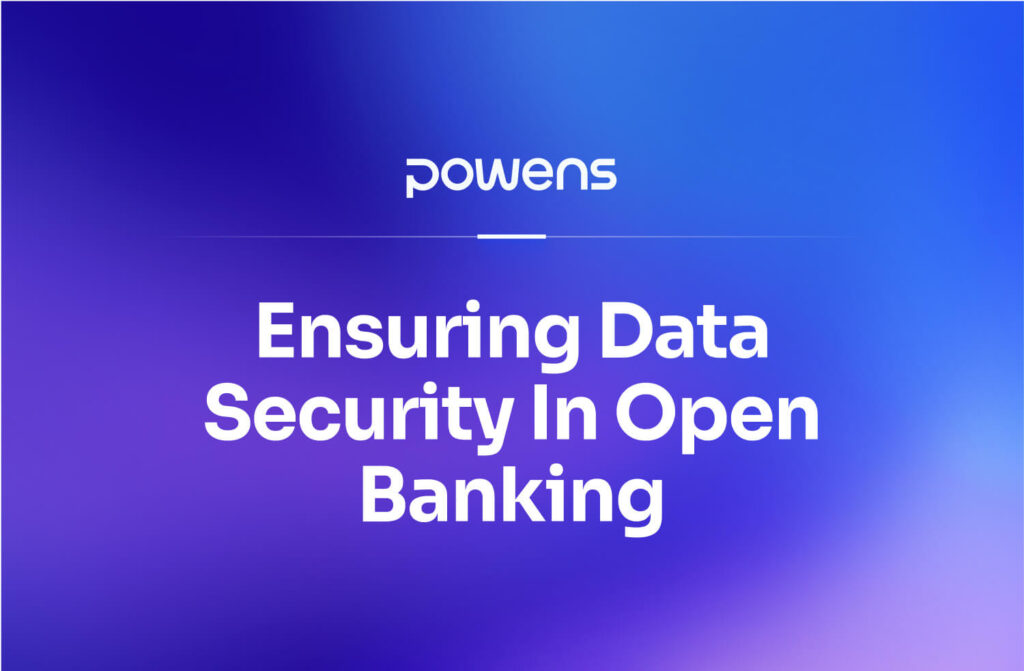
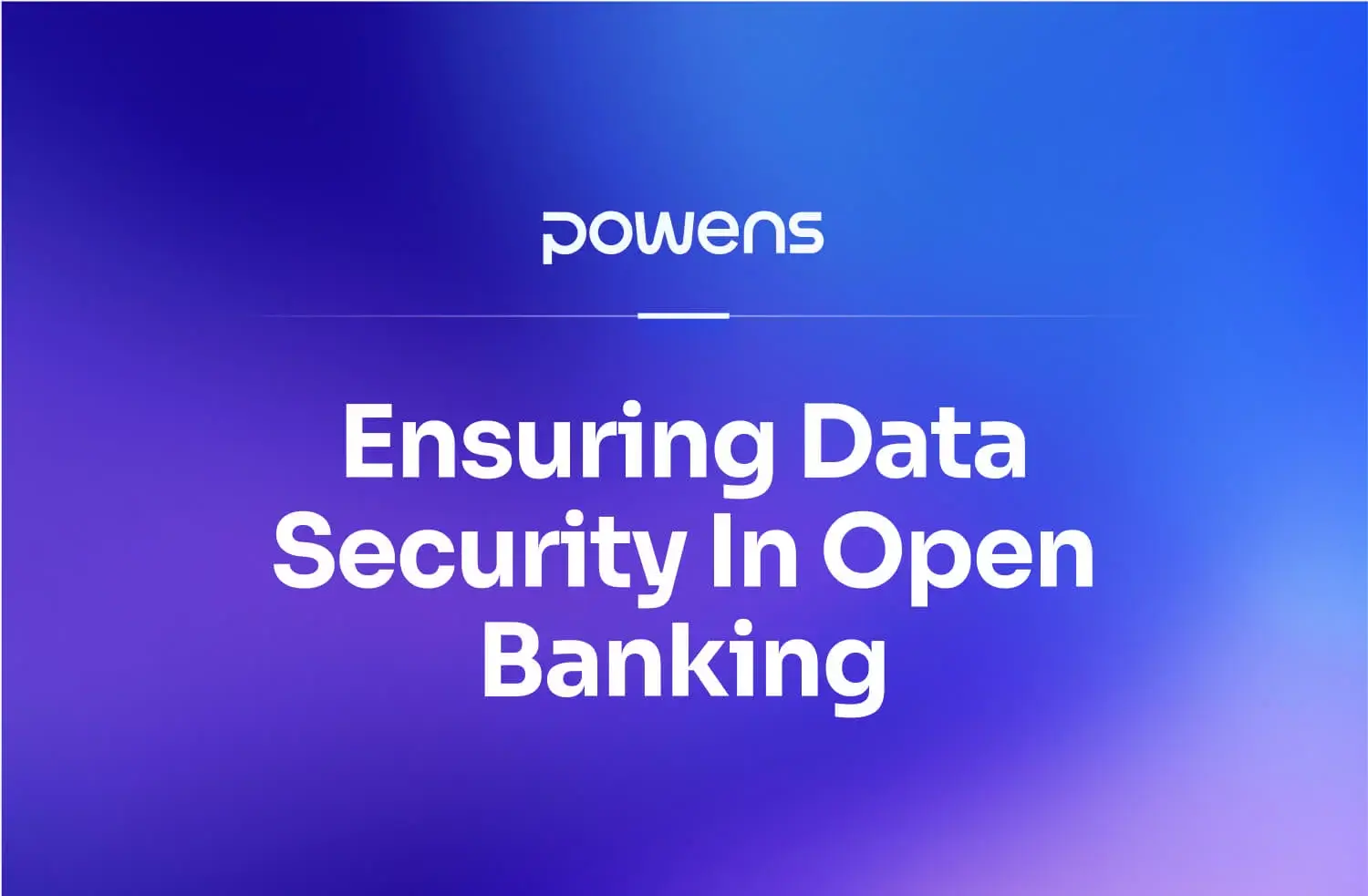
 Dec 12, 2023
Dec 12, 2023 





